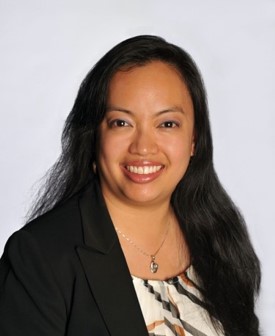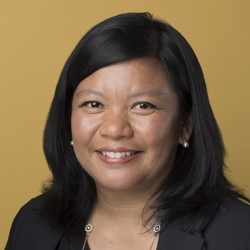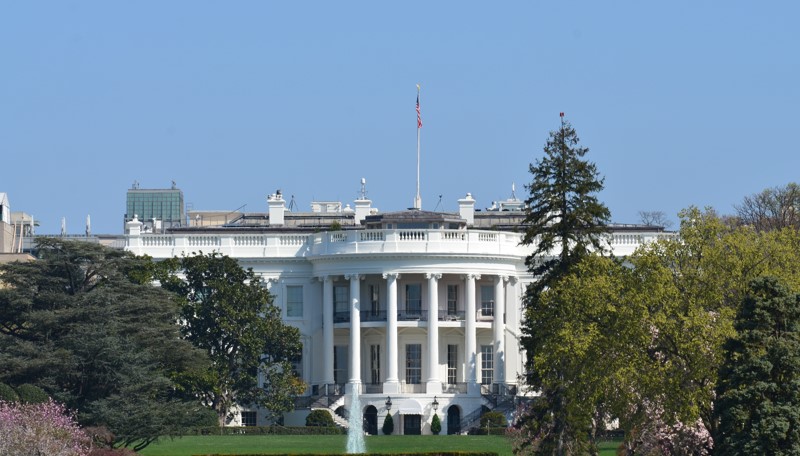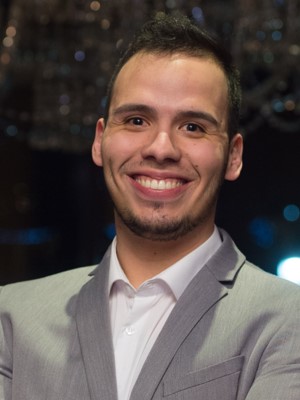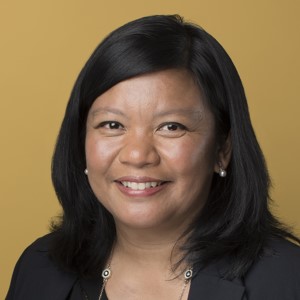As the daughter of a Chinese-Thai father and a Filipina mother, I struggled with stereotypes of Asian American/Pacific Islanders (AAPIs), including being perceived as a “perpetual foreigner.” When I was in kindergarten, my parents offered me the choice of learning Thai or Tagalog. However, my classmates were already teasing me because of my perceived otherness, and I roundly rejected learning another language because I was “American.” I received compliments about how “well” I spoke English. And questions such as “Where are you from?” followed by “Where are you really from?” when my answer was unsatisfactory for my interrogator, started to trigger me.
News
Primary tabs
In her first quarterly message of 2022, GCIR president Marissa Tirona highlights the importance of addressing the root causes of migration; supporting intersectional, transnational, and cross-movement work; and cultivating a thriving and durable immigrant and refugee movement ecosystem.
In this edition, GCIR President Marissa Tirona speaks with Katherine Perez, Director of the Coelho Center for Disability Law, Policy, and Innovation at Loyola Law School. Read on as Katherine shares her thoughts about building power for immigrants with disabilities, working at the intersection of movements, and how philanthropy can support and strengthen the work of immigrants with disabilities.
Looking back on the first year of the Biden administration, we remember that there was initially great promise and early progress toward advancing immigrant justice and restoring immigrant rights. Theadministration began by undoing many of the Trump administration’s racist and draconian immigration policies, including fortifying Deferred Action for Childhood Arrivals (DACA), rescinding the Muslim Ban, and ending government funding of a border wall. Yet, recent actions taken by the current administration, such as expelling Haitian migrants and increasing the number of immigrant detainees during a worldwide pandemic, continue to negatively impact communities.
As we recognize National Human Trafficking Awareness Day, many of the essential workers who put food on our tables, keep us healthy, and care for our loved ones continue to be at risk of exploitation. Many foreign-born essential workers, particularly those on temporary worker visas or those lacking work authorization, are victims of wage theft or survivors of human trafficking with few options for leaving those abusive circumstances. Perpetrators traffic individuals into agriculture, restaurant, factory, construction, domestic, and other work, industries in which enforcement of labor protections needs vast improvement.
I often find myself going back to Davis’ words, especially on days when progress feels so excruciatingly slow and hopelessness begins to set in. Lately this has come in the form of news headlines of another school shooting and continued disappointment with elected officials for not delivering on their promises. Yet Angela Davis’ quote not only reminds me that the fight toward a liberated world takes time, but also that, even on the most difficult days, you must be as bold and far reaching as possible. After all, there is a role for everyone, including those of us in philanthropy, in the long-term fight for equity and justice. Given the considerable influence and power of philanthropy – a $90 billion sector – funders are well-positioned to play a key role in its radical transformation.
In her fourth quarterly message of 2021, GCIR president Marissa Tirona reflects on her first year at the helm of GCIR and looks forward to what the coming year will bring for GCIR, for movement leaders and organizations, and for our shared work.
One month after a 7.2-magnitude earthquake killed over 2,200 Haitians and left 650,000 more in need of humanitarian assistance, the Biden administration is undertaking a mass expulsion of Haitians seeking safety in the United States. Under the guise of stopping the spread of Covid-19 through the Trump-era Title 42 policy, migrants are being sent back to a country reeling from overlapping crises and decades of political upheaval and natural disasters. Returning to Haiti is not a viable option for them.
GCIR is announcing the California Dignity for Families Fund’s first round of grantmaking investments, totalling $2.8M. The Fund, launched in May as part of a public-private partnership with the State of California, mobilizes philanthropic dollars to provide urgent humanitarian relief to migrants and support for their resettlement in California communities.
GCIR President Marissa Tirona speaks with Kris Hayashi, Executive Director of Transgender Law Center, the largest trans-led organization in the country.
